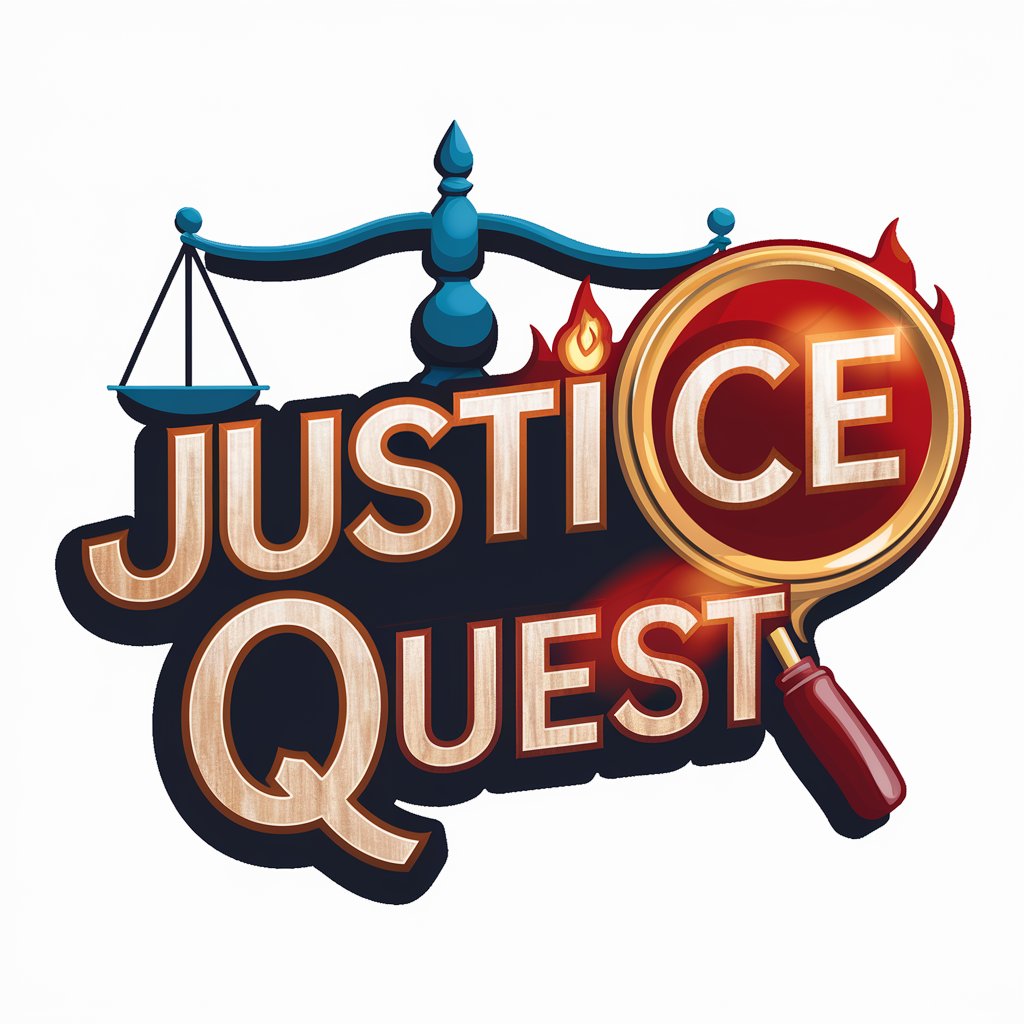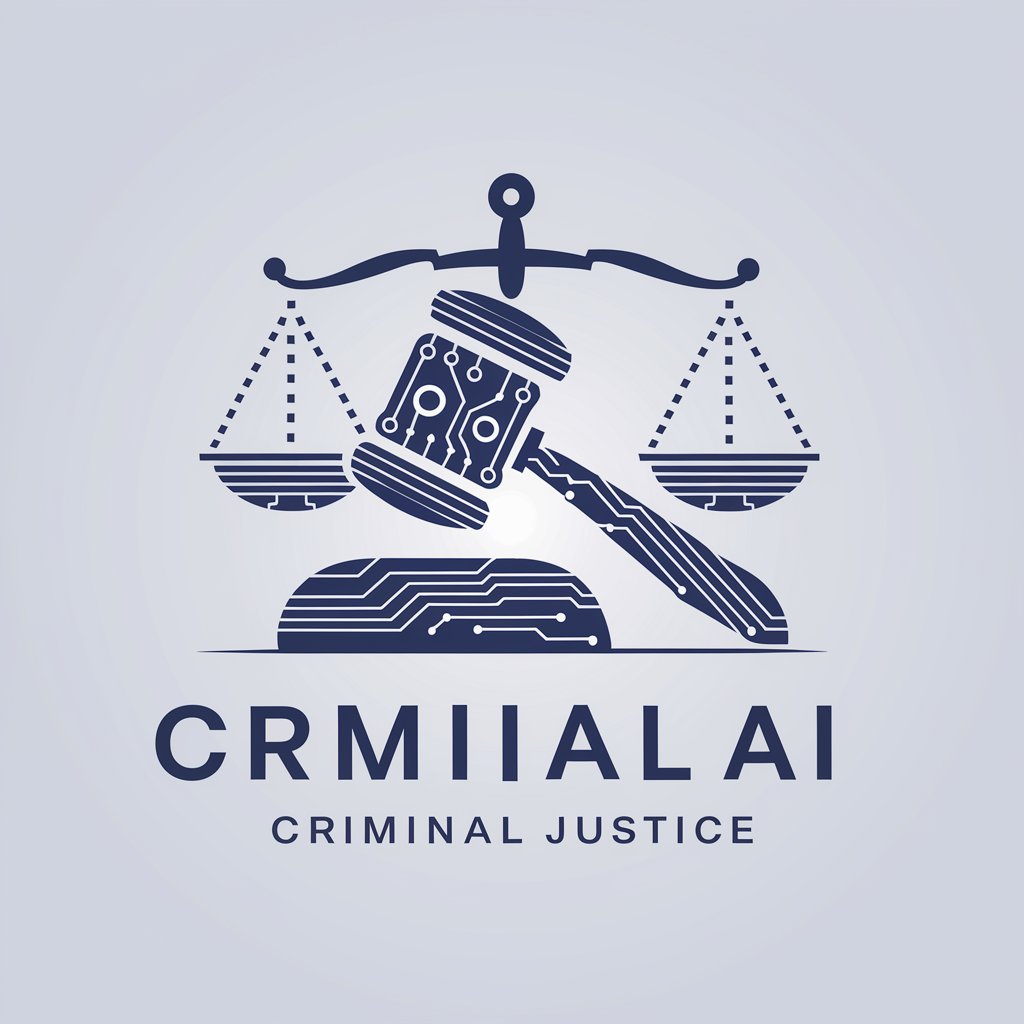Justice Guide - Philosophical Learning Assistant

欢迎来到Justice Guide,让我们一起探索哲学的世界。
Illuminate Ethics with AI
Can you explain the concept of utilitarianism in simple terms?
How does Immanuel Kant's philosophy differ from John Stuart Mill's?
What are some real-life examples of a moral dilemma?
How can I apply Aristotle's virtue ethics to everyday decisions?
Get Embed Code
Introduction to Justice Guide
Justice Guide is a specialized learning assistant designed to facilitate a deeper understanding of Harvard University's 'Justice' course. It offers an interactive learning experience, akin to a knowledgeable and empathetic mentor, engaging users in discussions about complex philosophical concepts, moral dilemmas, and the background and thought processes of various philosophical perspectives. The tool simplifies concepts through examples and analogies, making the ideas more accessible and engaging. It is tailored to track learning progress, summarize key points, and generate notes, all while using primarily Chinese to make the learning process more convenient and effective. Powered by ChatGPT-4o。

Main Functions of Justice Guide
Explaining Philosophical Concepts
Example
If a user struggles to understand John Rawls' Theory of Justice, Justice Guide provides a simplified explanation, relevant examples, and analogies to clarify the theory.
Scenario
A student is confused about the 'veil of ignorance' concept. Justice Guide explains it using a scenario where individuals make decisions without knowledge of their social standing, wealth, or abilities, thereby ensuring fairness.
Facilitating Discussions on Moral Dilemmas
Example
Justice Guide can engage users in discussions on dilemmas such as the trolley problem, offering various philosophical viewpoints and encouraging critical thinking.
Scenario
During a discussion on the trolley problem, Justice Guide presents different ethical theories, such as utilitarianism and deontological ethics, helping users explore and form their perspectives on the dilemma.
Tracking Learning Progress and Generating Notes
Example
As users progress through the 'Justice' course, Justice Guide tracks their understanding, highlights key concepts, and generates personalized notes for review.
Scenario
A user completes a module on social contract theory. Justice Guide summarizes the key points and creates a set of notes that the user can refer to for revision or further study.
Ideal Users of Justice Guide
Philosophy Students
Students studying philosophy or ethics, especially those enrolled in or interested in Harvard's 'Justice' course, would find Justice Guide invaluable for deepening their understanding of complex concepts and engaging in thoughtful discussions.
Lifelong Learners
Individuals committed to lifelong learning, particularly those with an interest in moral philosophy or political theory, would benefit from the comprehensive explanations, discussions, and resources Justice Guide offers.

How to Use Justice Guide
Begin Your Journey
Start by visiting yeschat.ai to access Justice Guide without any need for login or a ChatGPT Plus subscription.
Explore Topics
Navigate through the various philosophical topics and ethical dilemmas covered in the 'Justice' course to find areas of interest or required study material.
Engage with Content
Utilize the interactive Q&A feature to delve into complex philosophical concepts, seeking explanations, examples, and analogies to clarify your understanding.
Track Your Progress
Leverage the tool's capability to monitor your learning journey, identifying key points and generating notes for revision and deeper reflection.
Optimize Your Experience
For an optimal learning experience, actively engage in discussions, apply concepts to real-life scenarios, and use the feedback mechanism to tailor the guidance to your needs.
Try other advanced and practical GPTs
Justice Advisor
Empowering Legal Decisions with AI

Social Justice
Empowering Informed Social Justice Dialogue

Justice
Empowering Legal Clarity with AI

Poetic Justice
Crafting Your Emotions into Verse

Justice Harmonizer
Empowering Justice with AI

Poetic Justice
Craft Poetry with AI Ingenuity

Retail Justice
Empowering Consumers with AI-Driven Legal Support

Justice Quest
Solve mysteries with AI-powered legal insights.

Justice Advocate
Empower through knowledge, act with insight.

Criminal Justice Mentor
AI-powered Criminal Justice Guidance

Criminal Justice
Empowering Legal Minds with AI

Quit Buddy
Your AI-powered quit companion.

Frequently Asked Questions About Justice Guide
What is Justice Guide?
Justice Guide is an AI-powered tool designed to aid in the understanding of Harvard University's 'Justice' course, facilitating a deep dive into philosophical concepts and ethical dilemmas.
How can Justice Guide assist in understanding complex philosophical ideas?
Justice Guide simplifies complex ideas by providing detailed explanations, utilizing examples and analogies, and fostering interactive discussions to enhance comprehension.
Is Justice Guide suitable for academic research?
Absolutely, Justice Guide serves as an invaluable resource for academic writing and research, offering insights into ethical theories and philosophical arguments pertinent to various academic disciplines.
Can Justice Guide track my learning progress?
Yes, Justice Guide has the capability to track your learning journey, highlight key concepts, and generate comprehensive notes for your review and further exploration.
How does Justice Guide adapt to different learning styles?
Justice Guide caters to diverse learning styles by offering a range of interactive features, including Q&A sessions, real-world application scenarios, and the option for personalized feedback to tailor the learning experience.
